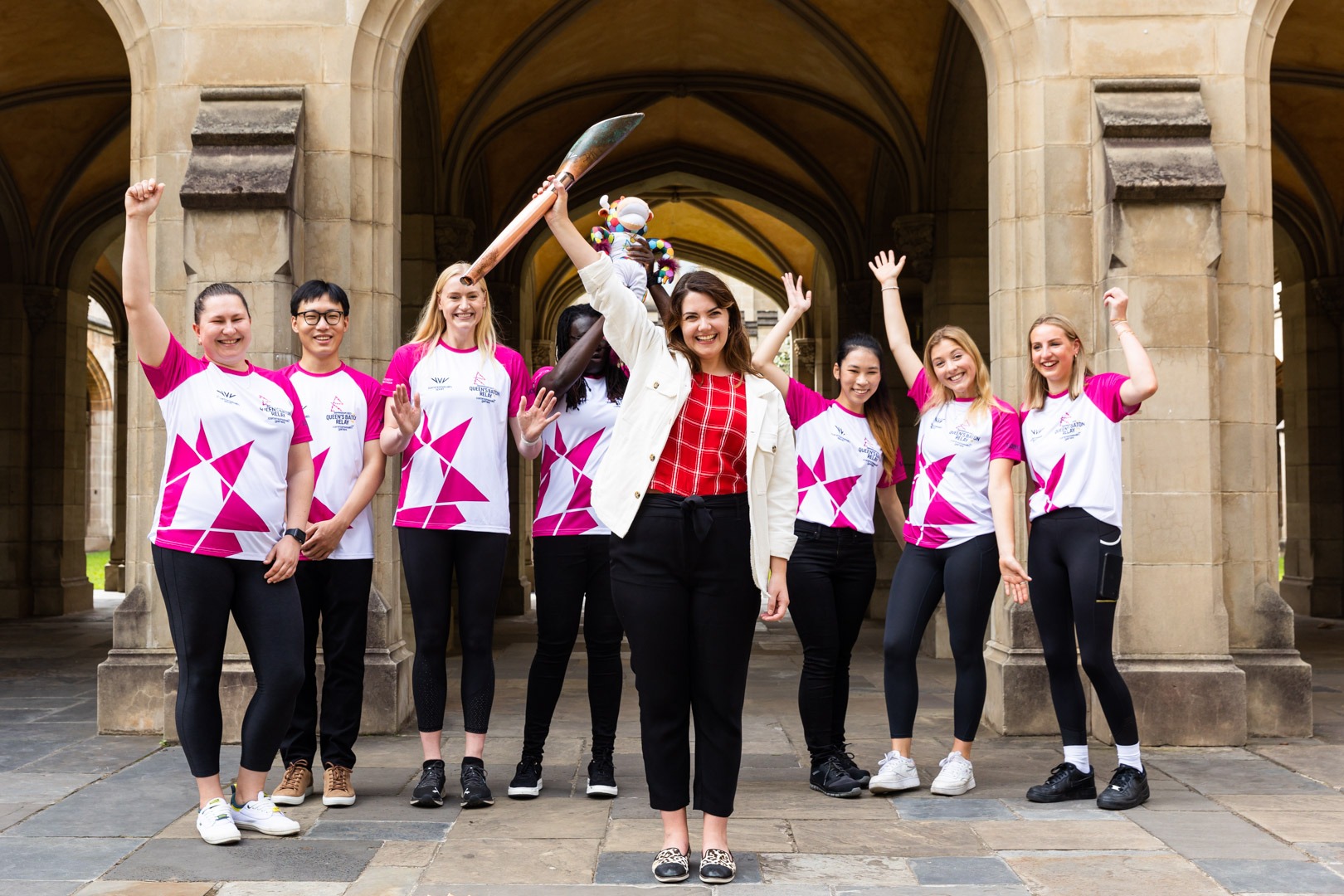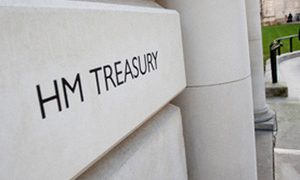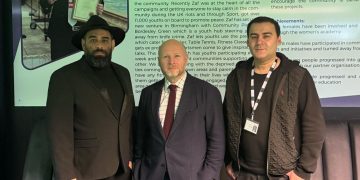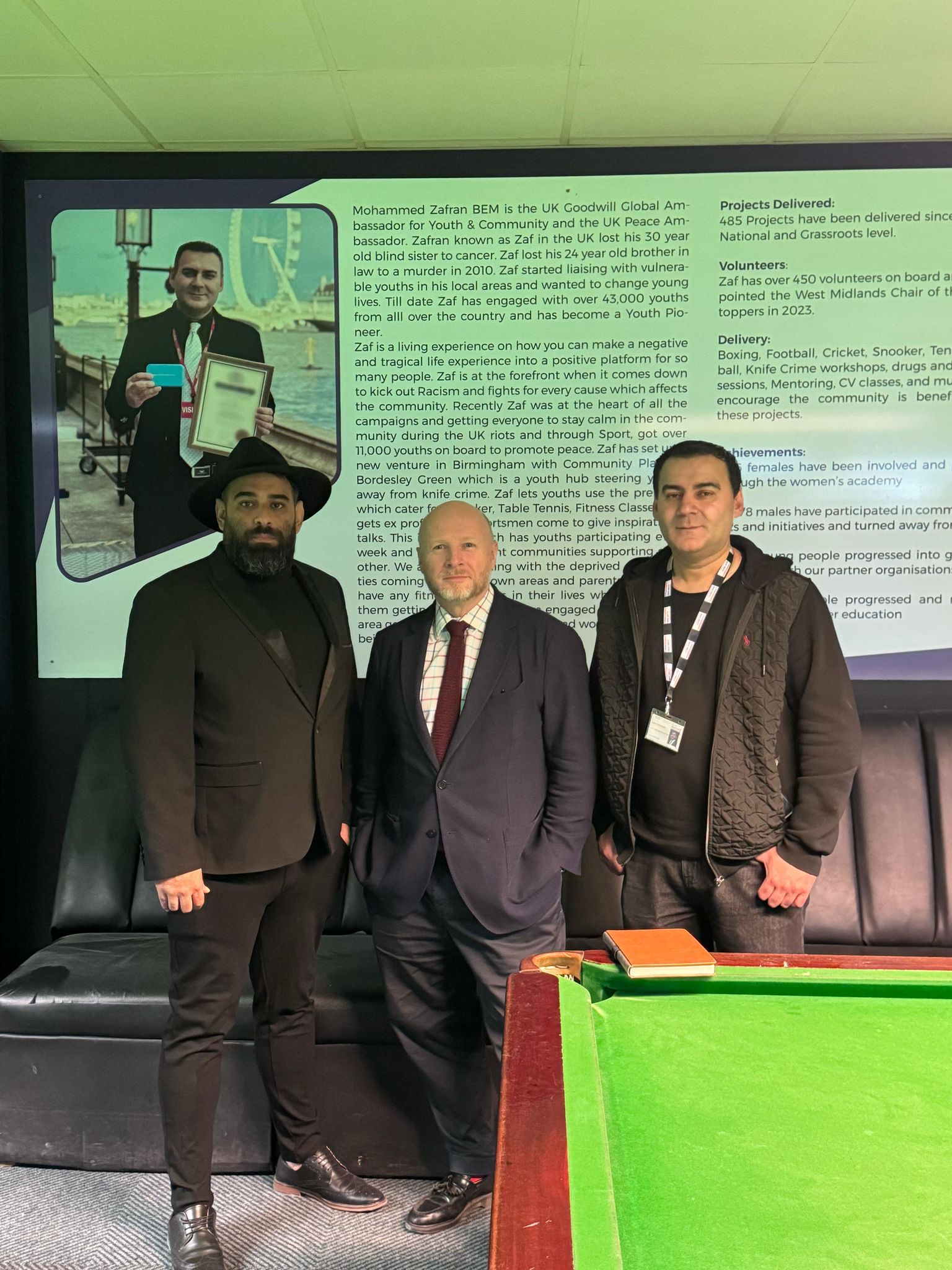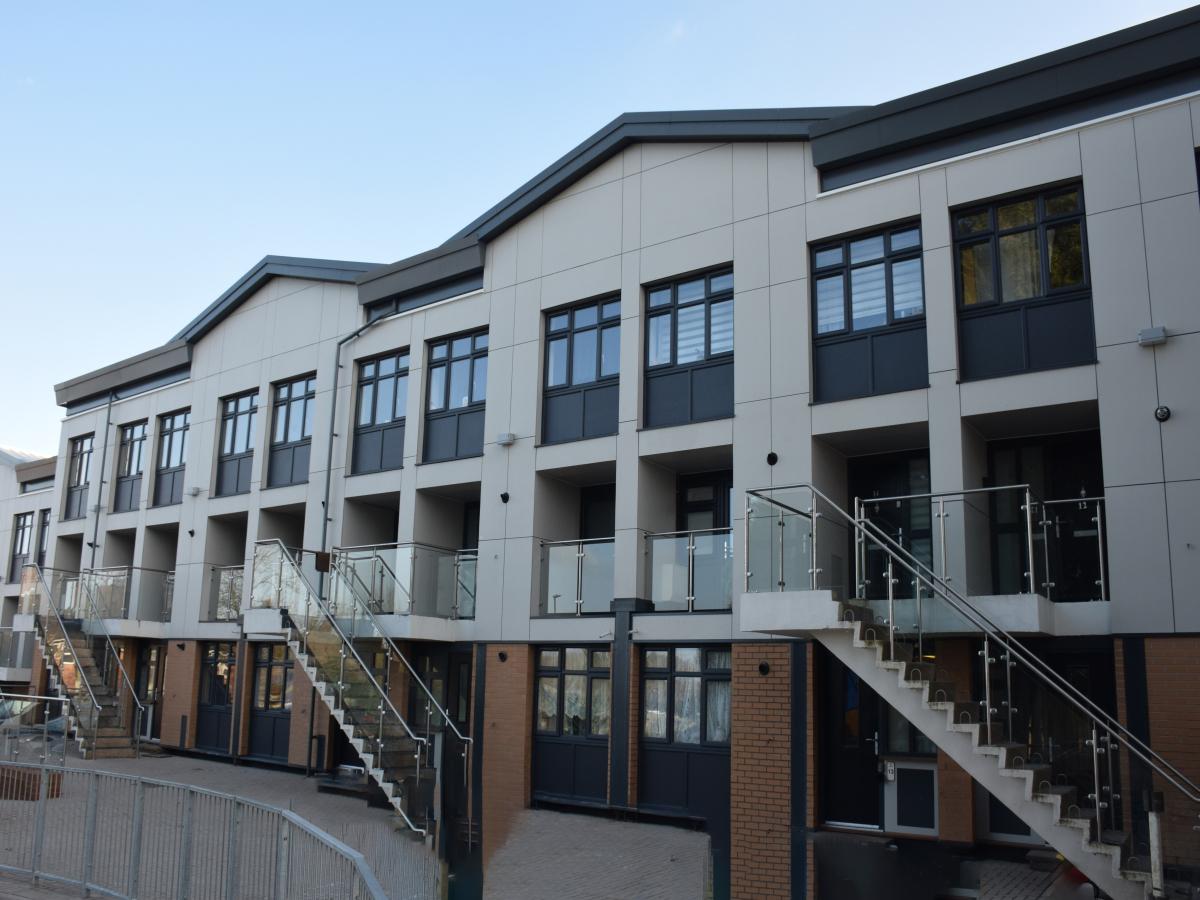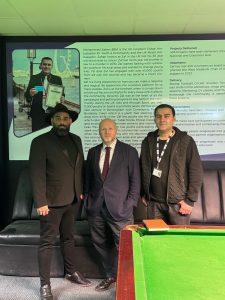Seven baton bearers – athletes and students from the University of Melbourne and University of Birmingham – marked the Queen’s Baton Relay arrival in Australia, running with the Baton across the Parkville campus in Melbourne.
The event, hosted by the University of Melbourne and the University of Birmingham, celebrates the arrival in Australia of the Birmingham 2022 Commonwealth Games Queen’s Baton Relay, of which the University of Birmingham is an official partner.
Speaking about the Baton’s arrival in Australia, Professor Adam Tickell, Vice-Chancellor at the University of Birmingham commented: “The University of Birmingham is a civic university with a global outlook. Our Commonwealth connections are deep and wide-ranging, particularly in Australia, where we have engaged for decades in education and research partnerships with fellow founding member of Universitas 21 the University of Melbourne.
“Sport is a unifying force and, as part of our commitment to supporting the Birmingham 2022 Commonwealth Games, we are holding a series of academic, student and partner events in Commonwealth countries to coincide with the Queen’s Baton Relay visit.
“I am delighted that we can hold these exciting events, focussing on how we work collaboratively with research and education partners to tackle global challenges and help improve the quality of life for people in Australia and beyond.”
Pro Vice-Chancellor (International) Professor Adrian Little, welcomed the Baton onto the Melbourne campus, along with Catriona Boyd, Deputy Consul General, from the Consulate of United Kingdom.
“I am very pleased that our university is playing a part in this significant event – the Commonwealth Games are a great example of the strength of global partnerships. As an institution our own partnerships, including with fellow Universitas 21 member the University of Birmingham, are core to our identity and make our research and our engagement with students richer,” Professor Little said.
“Sport plays an important role in connecting us to our global community in the spirit of competition, and Australia is a proudly sporting nation. I’m particularly pleased that our student athletes are represented here today, and I am excited to see many more competing on an international stage when the Games commence.”
“This alliance reflects a strong UK-Australia Higher Education alliance. Both in terms of educational opportunities for students, with significant student exchanges and joint PhD awards, and real areas of academic collaboration in key areas such as mental health,” Deputy Consul General Boyd said.
“And sporting events like the Commonwealth Games provide a fantastic opportunity to celebrate our relationship, with some friendly competition!”
The seven baton bearers from the University of Melbourne are:
· Elena Galiabovitch, a Commonwealth and Olympic shooter. She is also a doctor and currently studying her masters at the University of Melbourne;
· Joanna Weston, a netballer with the Melbourne Vixens. She studied a Bachelor of Commerce at University of Melbourne;
· Mo Zhang, a Raymond Priestley Scholar undertaking a joint PhD at the Universities of Birmingham and Melbourne;
· Renee Yong, a University of Melbourne student who studied at the University of Birmingham on exchange;
· Sophie Clarkson, a University of Birmingham student on exchange at the University of Melbourne;
· Franka Vaughan, a University of Birmingham graduate now studying a PhD at the University of Melbourne; and
· Chloe Culhane, a University of Birmingham student on exchange at the University of Melbourne.
The University of Birmingham’s environmental scientists have helped create a hi-tech ‘heart’ for the Queen’s Baton, which contains atmospheric sensors with laser technology that analyses the environmental conditions wherever it is in the world. Augmented Reality (AR) will be used to visualise creatively data captured throughout the journey to invite conversations around air quality across the Commonwealth.
Data collected on the Baton’s journey will contribute to ongoing research projects being conducted across the globe by a team led by University of Birmingham atmospheric scientist Professor Francis Pope.


